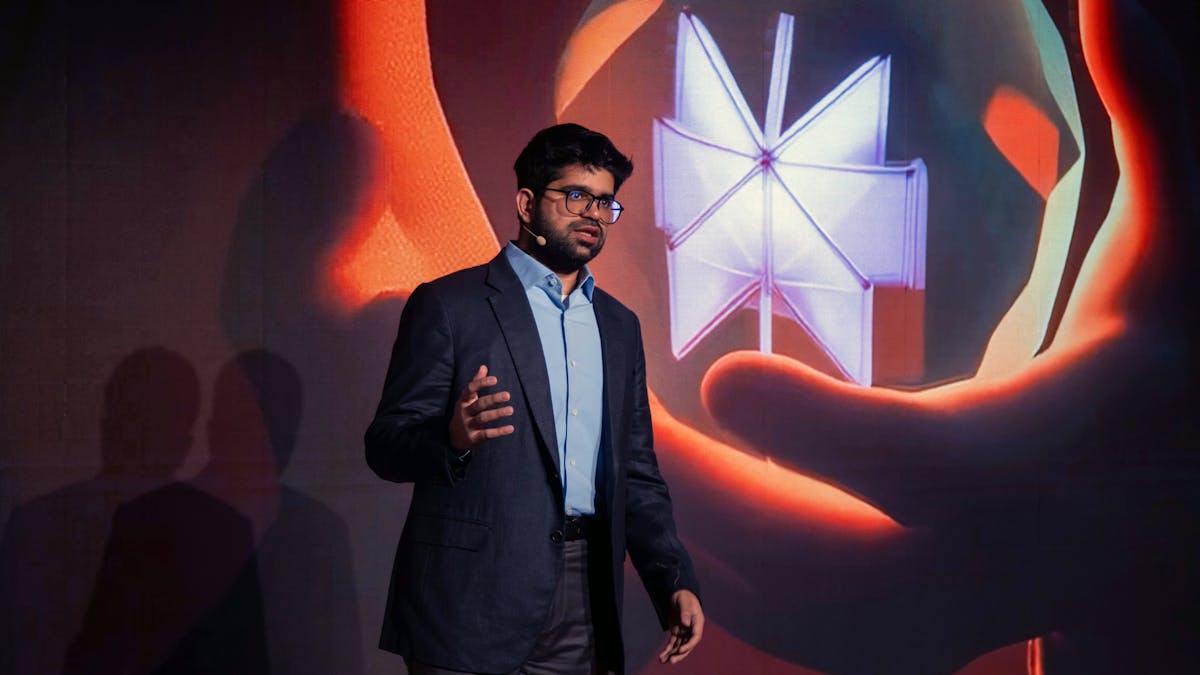Summary:
Sotiria Technology is showcasing underwater intelligence innovations to the US Navy after a rigorous global selection.
The startup has signed an R&D cooperation contract and could secure a permanent role through the BlueTIDE event.
Their technology includes magnetic sensors and hydrophones for detecting underwater threats like submarines and drones.
Part of a growing trend, Greek startups are entering the defense industry with advanced made-in-Greece technologies.
European defense tech saw a 26% increase in VC investments in 2025, highlighting sector growth amid geopolitical tensions.
Sotiria Technology's Innovations in Underwater Intelligence
Representatives from the Greek startup Sotiria Technology are en route to the Newport Naval Station in Rhode Island to demonstrate their pioneering innovations in underwater intelligence to the US Navy.
Rigorous Selection and Potential Collaboration
After a demanding selection process, only five or six companies globally were chosen for the program, with Sotiria Technology likely being the first Greek company to engage with the US Navy, as stated by managing director Angelos Tsereklas Zafeirakis. For standout performers at the annual Blue Technology In-water Demonstration Event (BlueTIDE), this could lead to a contract offering a more permanent status. The company has already signed an R&D cooperation contract, signaling strong interest.
Advanced Sensor and Software Technology
Sotiria Technology specializes in both sensor development and software. Their systems include a magnetic sensor that detects disturbances in the geomagnetic field from metallic objects like submarines, and passive hydrophones that 'listen' underwater. These can identify threats ranging from divers to unmanned underwater vehicles. The startup aims to penetrate the vast US market, leveraging its expertise from early involvement in NATO's Diana program since its inception in November 2021.
Growing Defense Tech Sector in Europe
The defense technology sector is experiencing significant growth, driven by geopolitical developments. Detecting threats at sea is challenging due to the lack of internet, communications, and radar, making this area a high priority. Sotiria Technology is part of a broader trend of Greek startups entering the defense industry, developing technologies such as electric unmanned helicopters with interference-resistant communication systems and kamikaze jets.
 As part of a NATO exercise, Sotiria Technology deployed a system of magnetic sensors and passive hydrophones in Portugal in 2023, with plans for Toulon, France in 2027.
As part of a NATO exercise, Sotiria Technology deployed a system of magnetic sensors and passive hydrophones in Portugal in 2023, with plans for Toulon, France in 2027.
Investment Boom in Defense Tech
Data from startup monitor Sifted shows that the European defense technology sector is booming. In the first half of 2025, venture capital funds invested €946.3 million in startups in this field, a 26% increase from the previous year. This places defense tech among the top five industries for investor capital, with a 54% rise in the number of deals compared to the same period last year, reflecting heightened defense spending by EU member-states amid ongoing conflicts in Ukraine and the Middle East.








Comments